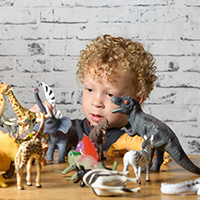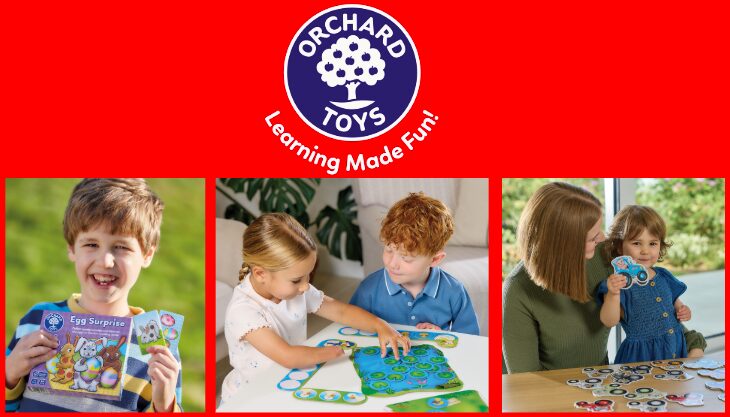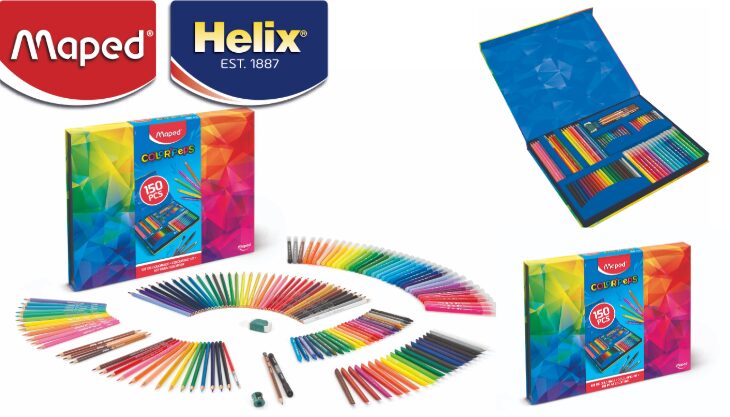7 Tips On How Kids Can Learn Solo Play

The first five years of a child’s life should revolve around learning to socialize with other children. But now that they’re older, they’ll need to learn how to play alone, whenever you you’re your hands full. If this isn’t taught, the child will grow bored and restless, and will crave attention from you, especially when you’re trying to do chores around the house. What should you do?
Here are seven tips on how you can help your child learn how to do playtime solo.
1. Get Them Started
Children will pick up things, and play with them if they’re interested. But sometimes, they’ll immediately grow bored if their imagination runs dry. That’s why they need an endless well of inspiration to make solo playtime last longer. By spending the first few minutes helping your child do an activity (such as building a fort or starting a puzzle with them), they’ll stick with it for a while longer.
2. Have The Right Toys
Having the right toys is essential. If the child gravitates to a few toys, then have those particular items available. You can even show them other toys that they didn’t know they had.

Also, toys that require two people or more will need to be put away, if you want your child to focus on solo play. In other words, keep things like a bat and ball, and even board games out of sight; and instead, give your child play things that are designed for single-person play.
3. Don’t Answer Every Request
Your child should be able to have plenty of things to play with on their own. However, if you stop, every once in a while, to answer your child’s every whim, then it stops them from playing alone. Only answer requests, if they have an emergency, like an injury. This helps them focus on what they already have at hand.
4. No Distractions
Television, loud music, or other siblings may cause distractions during solo play. Have your child settle down to play on their own by turning off the TV, opting for calming background music (or no music at all), and giving them space away from their siblings. That way, your child will be able to better focus on playing alone.
Also, watching TV or playing video games are only passive activities that don’t offer much skillful thought, when it comes to children learning how to create. During solo playtime, have them do activities that require movement, using their hands, and playing with real, physical play things.
5. Admire What They’re Doing At A Safe Distance
 You may respond to one or two requests, but don’t interrupt your child’s playtime. Though, if your child says something like “Watch this!” or “Look what I’ve made!” you can tell them how you like what they’re doing or what they’ve made – just make those comments brief. Maybe throw in a question that sparks their imagination (ex. “Did your superhero save anyone today?”) That allows them to keep playing, while they wait for you to “come back.”
You may respond to one or two requests, but don’t interrupt your child’s playtime. Though, if your child says something like “Watch this!” or “Look what I’ve made!” you can tell them how you like what they’re doing or what they’ve made – just make those comments brief. Maybe throw in a question that sparks their imagination (ex. “Did your superhero save anyone today?”) That allows them to keep playing, while they wait for you to “come back.”
6. Talk About It Afterwards
Once your child has done solo playtime for the day, sit down with them and talk about the experience. This gives your child the opportunity to tell you how they had spent their time playing alone, and the “adventures” that they had in doing so. Be sure to show your interest, as they tell you about the toys and games that they played with. Also, tell them that you’re happy for them, and suggest what they can do the next time they play by themselves.
7. Make Time
Scheduling can be hectic, when it comes to your child. So, be sure to structure your child’s day, so that they have time to play alone (at least ten minutes a day, when possible).
But more importantly, don’t give into their objections on playing alone. Instead, find opportunities for your child to practice playing independently, and make this perfectly clear to them.
Conclusion
Children will need to learn this skill at some point. Playing alone helps them learn:
- to focus, and stay focused on a task
- to be independent by using creativity
- to understand that their parents are sometimes busy and can’t be there right away, AND
- to appreciate what they already have
Be sure to keep these tips in mind, the next time you want your child to play by themselves for a while.
Author: Molly Crockett



